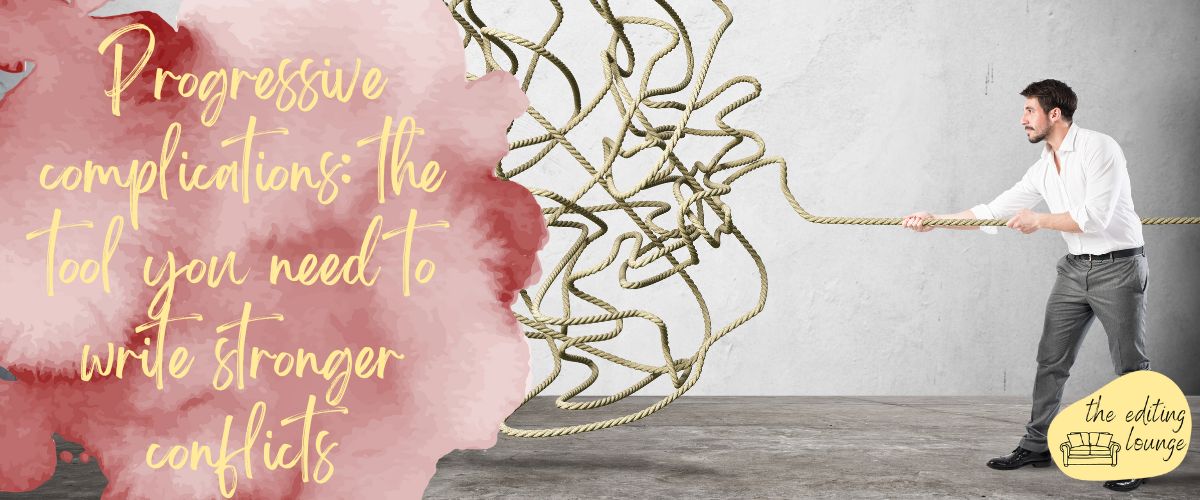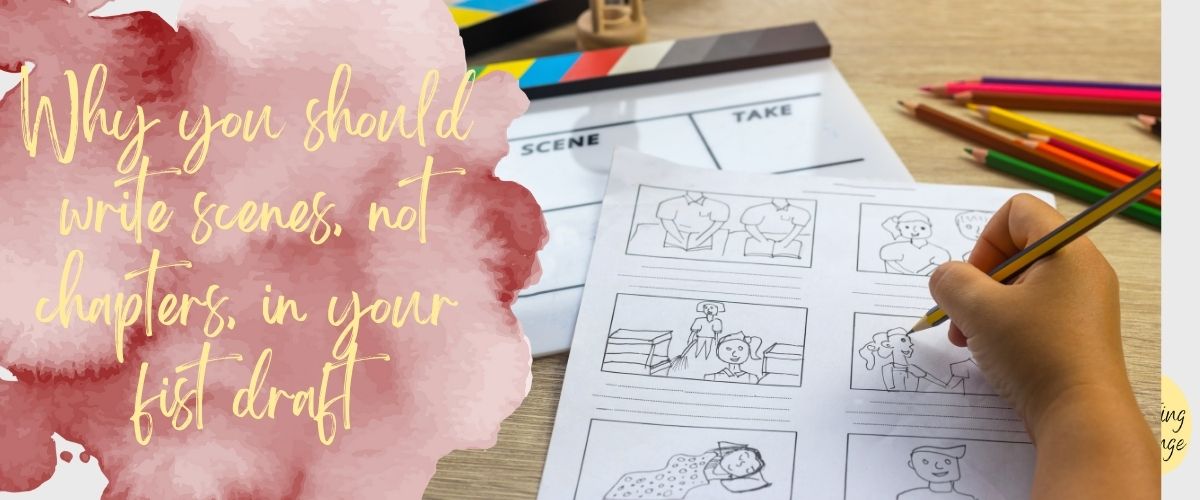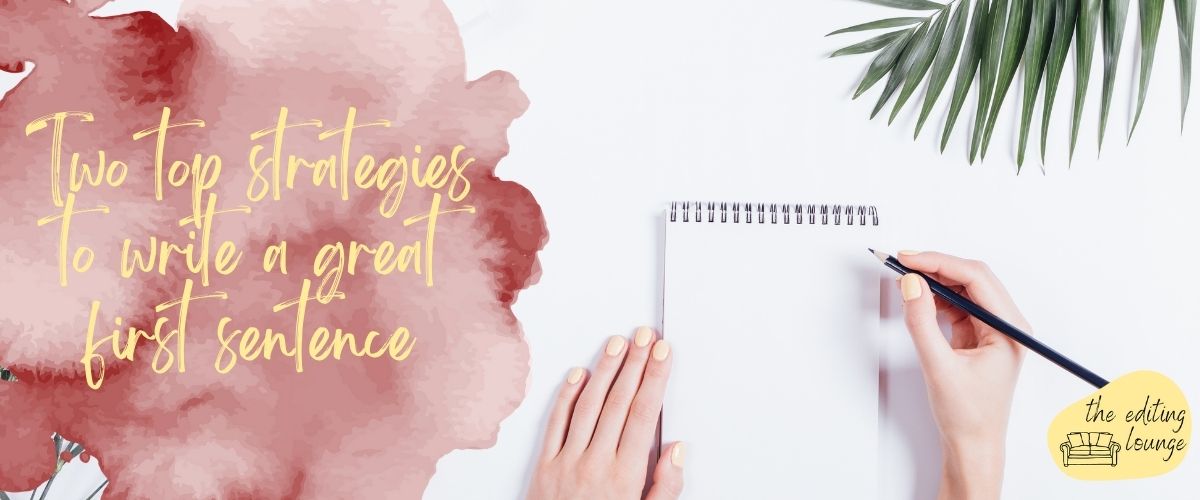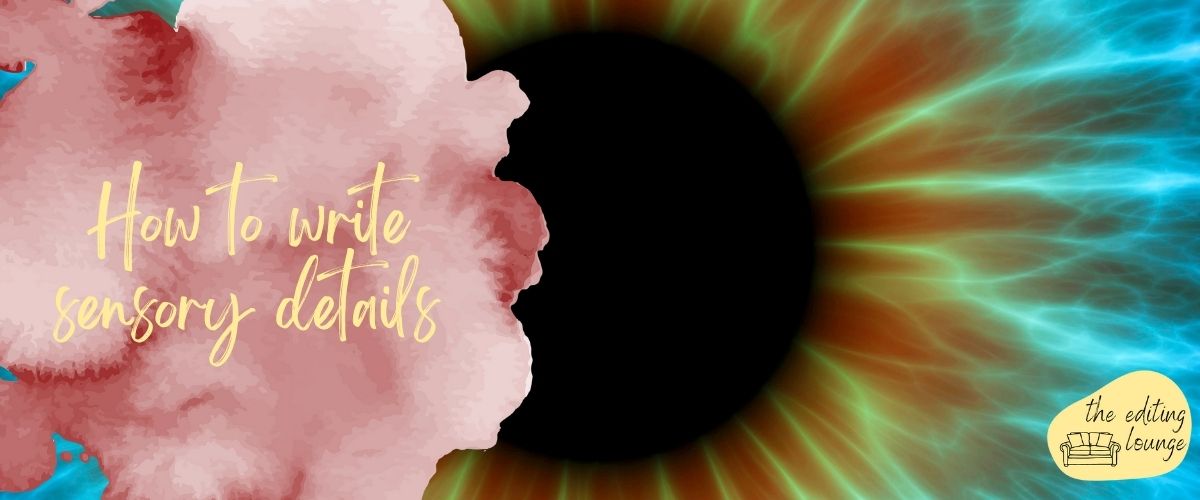Writing a novel is a massive undertaking, regardless of how many books you’ve already written. And, no matter how many how-to books you’ve read and how many fiction workshops you’ve attended, it’s easy to miss the fundamentals when writing your opening chapters.
When you submit your novel to an agent or publisher, they will almost certainly only read the first three chapters (and they might well put your manuscript down before they reach that point) before they decide whether to move forward with you. So, your initial chapters need to be outstanding.
Here, I’ll help you make sure you don’t waste your time by showing you the most important elements to get into the first few chapters of your novel.
1. Set up a compelling protagonist
First, it’s essential that you introduce readers to a protagonist that they can bond with.
This doesn’t mean your protagonist has to be likeable, but they do have to be engaging, interesting, and compelling.
Your reader needs to get to know this protagonist within the first page or two. It’s usually a good idea to start your novel with a scene that your protagonist is in so you can introduce them to your readers right away. (There are exceptions to this, but it’s a good rule of thumb if you’re not an experienced writer).
Remember: it doesn’t matter how good your plot is if your characters fall flat, especially your protagonist.

2. Highlight the protagonist's core need

It’s vital that you make your protagonist’s life situation and core need clear.
This might sound obvious, but many writers don’t understand exactly what their protagonist needs. Not knowing this can leave you replotting huge chunks of your novel later.
So, start the novel in the middle of an event that reveals your protagonist’s living situation, their immediate problems, their lifestyle, their wants, their needs, and their fears.
3. Launch the inciting incident
Then, follow up with an inciting incident. This should take place within the first 10% of the novel.
A strong inciting incident will give your readers a solid reason to care about your character and what happens to them. And it will provide the basis for essential change, which will drive your plot.

4. Introduce supporting characters

From here, you can extend your focus to introduce other characters. These people should populate your protagonist’s world and share important relationships with them.
Supporting characters may include family members, friends, love interests, colleagues, and rivals. Each character should have a unique personality and voice.
5. Raise the stakes
One of the best ways to keep readers interested is to keep raising the stakes.
The higher the stakes for your character, the more likely your readers will care about them.
But the stakes do need to be believable and appropriate. So, you can make your story more gripping by adding additional conflict, but only if you do so in an authentic manner.
(There’s no room for pointless violence and danger with no context and backstory!)

6. Put the protagonist's goal in sight

Your first few chapters might be enough to get readers a quarter of the way through your book. By this 25% point, readers need to know what the protagonist’s goal is. What are they working towards? If it’s not clear, your novel will likely lack direction.
So, trade in your random events and interchanges for chapters that each advance the plot and characters. If you finish a chapter that doesn’t drive the story forward, it’s time to go back and rethink.
Why your opening chapters are so important
Your opening chapters are essentially a litmus test for anyone who’s thinking about publishing or representing your work. If there are flaws in these chapters, readers will know there are more flaws to come.
It takes serious training and support to write a good novel. If you need help, take a look at my line editing service.
About Charlotte

Charlotte is an award-winning writer and line/copyeditor who writes and edits for clients all over the world. She also works on the fiction team for Ambit, a UK literary and arts magazine.
She holds an international literary prize from Hammond House Publishing Group, two writing-related degrees, various marketing certifications, and training certificates from the Chartered Institute of Editing and Proofreading, of which she is a Professional Member.
Charlotte’s work has appeared in several anthologies, magazines, and literary journals, including Indigomania, Dream Catcher, and The Curlew.
She has also created a series of free self-editing cheat sheets to help new writers hone their fiction before sending their work off to a professional editor.
Progressive complications: the tool you need to write stronger conflicts
Conflict is essential to stories of all kinds. A story can’t exist with conflict. If your character could get whatever they wanted at the beginning of the story, there would be no reason to write it. Whether you’re writing a novel or a short story, conflict is what keeps your story going, what keeps the…
Where to start when plotting a novel
It’s arguable that the most important thing a novel should do is follow an arc of change. If nothing changes, do you really have a story? So, perhaps the first step to take when plotting your novel should be to decide, at the simplest level, what’s going to change. That’s easier said than done, but…
Why you should write scenes, not chapters, in your first draft
Plotting and writing a string of chapters long enough to fill a book is daunting. It’s impossible to know how many chapters you’ll need. And it’s impossible to order all of your chapters before you start writing and feeling your way around. That’s why it’s much easier to write your first draft in scenes instead…
How to write a love triangle
Although readers love a well-written love triangle, writing one is easier said than done. Love triangles that aren’t carefully plotted often end up predictable and clichéd. But when well developed and carefully thought out, love triangles can be great, moving plot devices that strengthen your story. What is a love triangle? A love triangle is…
3 ways to work out what your story theme is
I don’t need to know what my story theme is, I hear you say. Just let me crack on with my writing. I know. Hitting pause to think about your theme doesn’t feel like a priority when you’ve got all these great story ideas to get down on paper. Plus, some writers feel that identifying…
2 top strategies to write a great first sentence
Regardless of which genre you write, your first sentence needs to seduce your readers. Perhaps your first sentence is an invitation. A promise. A tease. A shock. A declaration. Whichever approach you adopt, this sentence must be irresistible. It must hook readers and pull them into the page. (Remember that lots of potential buyers read…
6 things to get right in your novel’s opening chapters
Writing a novel is a massive undertaking, regardless of how many books you’ve already written. And, no matter how many how-to books you’ve read and how many fiction workshops you’ve attended, it’s easy to miss the fundamentals when writing your opening chapters. When you submit your novel to an agent or publisher, they will almost…
How to write sensory details
When we include sensory details in our writing, we can evoke our readers’ senses of sight, sound, touch, taste, and smell. This is because painting a strong scene in your reader’s imagination helps them pull similar scenes from their own memories. Here, we’ll explore the science behind why evoking the senses can be so compelling…
What ‘show don’t tell’ really means
Lots of editors are quick to tell writers ‘show, don’t tell’. But this advice has been given so many times that we often forget to explain what it really means. I’ll break down the concept here so you can make the most of this advice. In brief, ‘telling’ is explaining what’s happening. Meanwhile, ‘showing’ is…
Using specific detail to bring your writing to life
Adding detail is essential to writing great fiction. But how specific is the detail in your manuscript? If I had received a pound for every time one of my writing tutors circled a phrase in my fiction with a note saying ‘specific detail please’ during my MA days, I’d be rich. There are likely lots…












